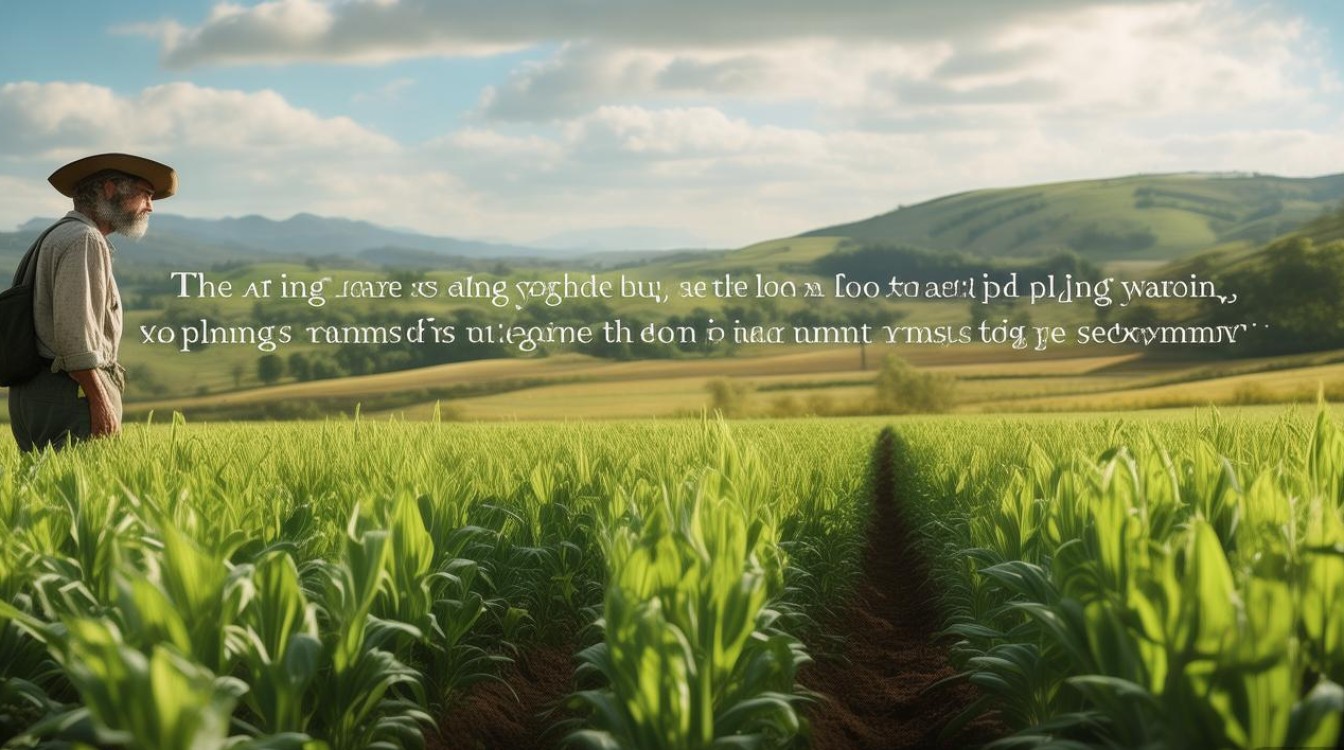Farming has long been a cornerstone of human civilization, providing the food and resources necessary for societies to thrive. In recent years, this traditional practice has evolved into a multifaceted topic of discussion, particularly in contexts like the IELTS Speaking test, where candidates are often asked to share their perspectives on agriculture, rural life, and modern farming practices. This article explores the various dimensions of farming, its historical significance, contemporary challenges, and future prospects, while also addressing common vocabulary and themes relevant to IELTS Speaking Part 1, 2, and 3.

The Evolution of Farming
Farming dates back over 10,000 years, when humans transitioned from nomadic hunter-gatherer lifestyles to settled agricultural communities. The Neolithic Revolution marked a pivotal shift, as domesticated plants and animals became the primary sources of sustenance. Early farming methods, such as slash-and-burn agriculture and simple irrigation systems, laid the foundation for food production. Over time, innovations like the plow, crop rotation, and selective breeding increased efficiency and yields. The Industrial Revolution further transformed farming with mechanization, leading to the large-scale monoculture systems that dominate today's agricultural landscape.
Modern Farming Practices
Contemporary farming encompasses a wide range of practices, each with its own advantages and drawbacks. Conventional farming relies heavily on chemical fertilizers, pesticides, and genetically modified organisms (GMOs) to maximize output. While this approach ensures food security for a growing global population, it often raises concerns about environmental degradation, soil erosion, and biodiversity loss. In contrast, organic farming avoids synthetic inputs, emphasizing natural processes and sustainability. Practices like crop rotation, composting, and biological pest control are central to organic systems, which appeal to environmentally conscious consumers but may have lower yields.
Another emerging trend is precision agriculture, which leverages technology such as GPS, drones, and sensors to optimize resource use. Farmers can monitor soil moisture, nutrient levels, and crop health in real time, reducing waste and improving efficiency. This data-driven approach is particularly valuable in addressing the challenges of climate change, as it enables adaptive strategies for drought, floods, and extreme weather events.
The Role of Technology in Farming
Technology has revolutionized every aspect of farming, from cultivation to distribution. Automated machinery, such as self-driving tractors and robotic harvesters, reduces labor costs and increases precision. IoT (Internet of Things) devices allow farmers to manage large-scale operations remotely, while blockchain technology ensures transparency in supply chains, enabling consumers to trace the origin of their food. Vertical farming, which involves growing crops in stacked layers under controlled conditions, is another innovation that maximizes space and minimizes water usage, making it ideal for urban environments.
Challenges Facing Modern Farmers
Despite these advancements, farmers face numerous challenges. Climate change poses a significant threat, with unpredictable weather patterns affecting crop yields and livestock health. Water scarcity is another pressing issue, particularly in arid regions where irrigation is essential. Economic pressures, including fluctuating commodity prices and rising input costs, also make farming a high-risk occupation. Additionally, the aging farmer population in many countries raises concerns about succession and knowledge transfer to younger generations.
The Social and Cultural Dimensions of Farming
Farming is not just an economic activity; it is deeply intertwined with culture and identity. Rural communities often revolve around agricultural traditions, with festivals, folklore, and culinary practices celebrating the harvest. In many developing countries, smallholder farming is a way of life, preserving ancestral knowledge and fostering social cohesion. However, urbanization has led to a decline in rural populations, threatening these cultural ties and leading to the abandonment of traditional farming methods.
Sustainable Farming: A Path Forward
Sustainability is at the heart of discussions about the future of farming. Agroecology, which integrates ecological principles with farming practices, promotes biodiversity, soil health, and resilience. Agroforestry, combining trees with crops or livestock, is another sustainable approach that sequesters carbon and enhances ecosystem services. Meanwhile, regenerative farming aims to restore degraded soils through techniques like no-till farming and cover cropping, which improve water retention and reduce the need for chemical inputs.
Farming and Global Food Security
With the global population projected to reach 9.7 billion by 2050, farming plays a critical role in ensuring food security. However, achieving this goal requires a balance between increasing production and minimizing environmental impact. Innovations in alternative proteins, such as plant-based meats and lab-grown meat, offer potential solutions to reduce the environmental footprint of animal agriculture. Additionally, reducing food waste through better storage, transportation, and consumer education can significantly alleviate pressure on farming systems.
Farming in the Context of IELTS Speaking
For IELTS candidates, farming-related topics often appear in Part 1, where questions might focus on personal experiences or preferences. For example:
- Do you think farming is an important job? Why?
- Have you ever visited a farm? What was it like?
In Part 2, candidates may be asked to describe a farm they visited or a farming-related activity:
- Describe a time you helped someone with farming or gardening. What did you do?
Part 3 typically involves more abstract discussions, such as:
- How do you think technology will change farming in the future?
- What are the advantages and disadvantages of large-scale farming?
To answer effectively, candidates should use relevant vocabulary (e.g., "sustainable," "monoculture," "yield") and structure their responses logically, providing examples and explanations.
Common Farming Vocabulary for IELTS
| Term | Definition | Example Sentence |
|---|---|---|
| Sustainable | Able to be maintained at a certain rate without depleting resources | Sustainable farming practices protect the environment for future generations. |
| Monoculture | The cultivation of a single crop in a given area | Monoculture can lead to soil degradation and pest outbreaks. |
| Yield | The amount of crop produced per unit of land | Farmers use fertilizers to increase crop yields. |
| Organic | Relating to or derived from living matter | Organic farming avoids synthetic pesticides and fertilizers. |
| Agroecology | The study of ecological processes applied to farming systems | Agroecology promotes biodiversity and resilience in agriculture. |
FAQs
What are the main differences between traditional and modern farming?
Traditional farming relies on manual labor, simple tools, and natural fertilizers, often practiced on a small scale. Modern farming, on the other hand, uses advanced machinery, chemical inputs, and technology to maximize efficiency and output. While traditional farming is more sustainable, modern farming can produce higher yields to meet global demand.
How can individuals support sustainable farming practices?
Individuals can support sustainable farming by buying organic or locally grown produce, reducing food waste, and advocating for policies that promote eco-friendly agriculture. Educating others about the importance of sustainable practices and choosing plant-based meals more frequently can also contribute to a more sustainable food system.











